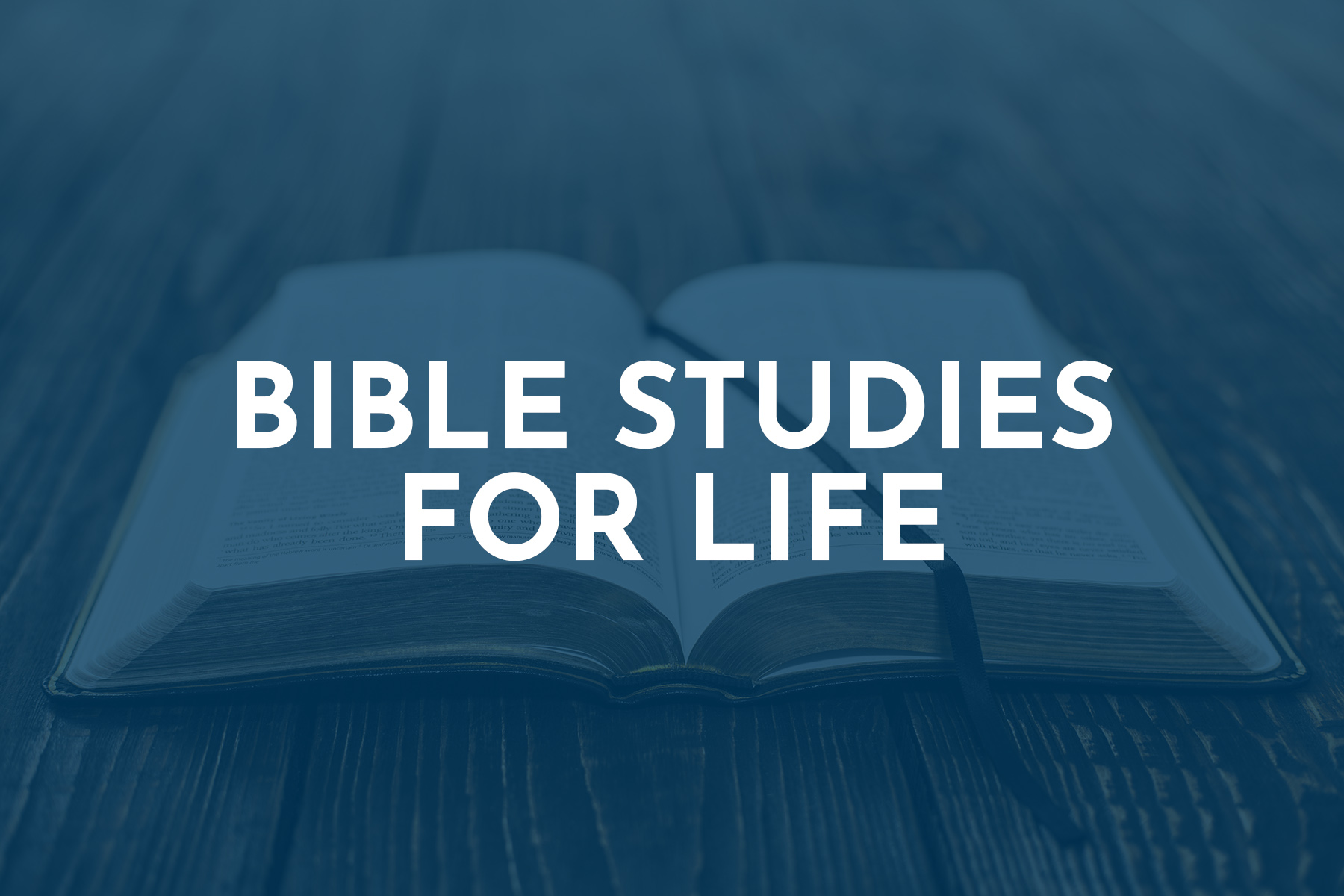Worshipping God • Psalms 34:1-3, 8-10, 15-18
By Carl M. White

We refer to the Psalms as a book. Actually, Psalms is not one book, but five. The five books of Psalms are as follows: Book One, chapters 1-41; Book Two, chapters 42-72; Book Three, chapters 73-89; Book Four, chapters 90-106; and Book Five, chapters 107-150. Each book ends with a Benediction.
In addition, throughout the Psalter there are Superscriptions. These are not later additions to the text by some editor like the chapter and verse numbers or the subject headings found throughout the rest of the Bible. These are part of the oldest and best manuscripts.
The overwhelming majority of the Psalms have a Superscription (116 out of 150). They present different kinds of information, like a dedication, authorship, or, in thirteen instances, the historical setting for the Psalm. Psalm 34 is one of the 13 with a historical setting. (Pss. 3, 7, 18, 34, 51, 52, 54, 56, 57, 59, 60, 63 and 142.)
This all suggests that great attention was given to the development of the book of worship for the tribes of Israel (for more, see James M. Hamilton, Jr., Psalms, Volume 1: Psalms 1-72, Evangelical Biblical Theological Commentary, pp. 25-51).
The historical Superscription of Psalm 34 is one of the few with enough information to identify a specific incident, told in 1 Samuel 21. However, there is a problem. The historical Superscription refers to a ruler named Abimelek, while 1 Samuel 21 says the king was named Achish.
There are two possible explanations. First, Abimelek may be a general designation for the Philistine Kings, like Caesar is for the various emperors of Rome. Second, David was wanting to identify himself with Abraham and Isaac, who had encounters with a king named Abimelek. While the first solution seems most likely, taking such liberties with information to make a point is not unusual in ancient literature (Hamilton, p. 378).
David acted like he was insane, which was a creative solution to his dilemma: he was recognized and feared by King Achish and outnumbered by the Philistine army. Against this backdrop there are three truly remarkable things in Psalm 34:1-3.
First, David magnifies and boasts in the Lord despite his circumstances. Second, he calls upon the likewise afflicted to also rejoice in the Lord. And third, he calls on all others to join with him in this act of worship. Struggles, affliction, and difficulties are not barriers to the worship of God.
This invitation continues in verse 9. “Taste and see that the Lord is good.” It is an invitation for us to indulge our senses in the experience of knowing the Lord. Of course, we do not literally taste nor see the Lord, but figuratively we can savor and be aware of his goodness.
Along with the sense of taste, he speaks of the sense of anxiety, or fear. Do not make the mistake of assigning all anxiety/fear into a negative category, for it causes a heightened sense of awareness and a shot of adrenaline that prepares us to fight or flee. Anxiety/fear can save your life.
Thus, the fear of the Lord speaks of a heightened awareness of Him and being prepared to act in the worship of Him and to obey Him whenever He is near. The proper understanding of and management of anxiety and fear prepares God’s people for the blessings and provisions the Lord will bring to meet our needs. As David promises, “those who seek the lord lack in no good thing” (vs. 10b).
Continuing the theme of the senses, David personifies God’s care with descriptive words about the sense of sight and the sense of hearing (vs. 15). He sees you, his righteous children! He hears your cry, but not those of evil doers. Ultimately, he will blot out their name (vs 16), meaning then Lord will bring justice.
This was a difficult time in David’s life. He had been forced to flee his home and wife (the daughter of King Saul), and was being pursued by the Army of Saul. Foreign kings had heard of his reputation as a warrior and were threatened by him. Yet, in the midst of it all, David worships the Lord. He was broken hearted and crushed by circumstances, but he understood that circumstance is no barrier to experiencing God.
David writes, “The righteous cry out, and the Lord hears them” (vs 17). Please understand, this is not a man-made righteousness, it is a God-given righteousness, given to us through his son, our Lord Jesus Christ.
White is a member of Pineview Church, Clinton.





Comments are closed.